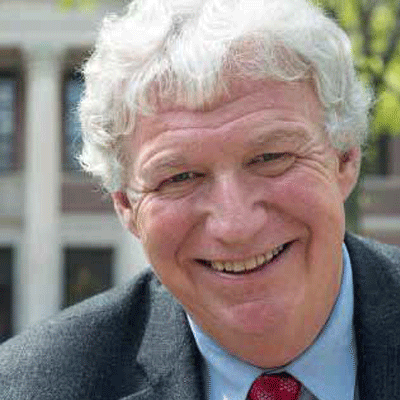ERIC J. MCNULTY
Associate Director, National Preparedness Leadership Initiative, Harvard T.H. Chan School of Public Health
Eric J. McNulty holds an appointment as Associate Director and Program Faculty at the National Preparedness Leadership Initiative (NPLI), a joint program of the Harvard T.H. Chan School of Public Health and the Center for Public Leadership at Harvard’s Kennedy School of Government and as an Instructor at the Harvard School of Public Health. His work centres on leadership in high-stakes, high-stress situations. He also works with the Program for Health Care Negotiation and Conflict Resolution at the Harvard Chan School.
In addition to his work with the NPLI, he teaches in executive education programs as the Harvard Chan School, Harvard Medical School, Boston University’s Questrom School of Business, the University of California/San Diego, and the UVA Darden School of Business. He has led executive trainings in North and South America, Asia, Europe, and the Middle East.
He is the co-author of You’re It: Crisis, Change, and How to Lead When it Matters Most (Public Affairs, 2019) and the second edition of Renegotiating Health Care: Resolving Conflict to Build Collaboration (Jossey-Bass, 2011). He is co-author of a chapter on meta-leadership in the McGraw-Hill Homeland Security Handbook (2012) and the e-book Your Critical First 10 Days as a Leader (O’Reilly/Safari, 2015).
Eric J. McNulty is a widely published business author and researcher, he writes a regular online column for Strategy + Business. He has written multiple articles for the Harvard Business Review (HBR), Sloan Management Review, CNN.com, and others. His HBR cases have been anthologized through the HBR paperback series and have been used in business education curricula in the United States and as far away as France and the Philippines. McNulty is a member of the Leadership Communications Council at the University of Virginia’s Darden School of Business.
Eric J. McNulty holds a Bachelor of Arts degree in Economics (with honors) from the University of Massachusetts at Amherst and a Master of Arts degree in Leadership from Lesley University.


